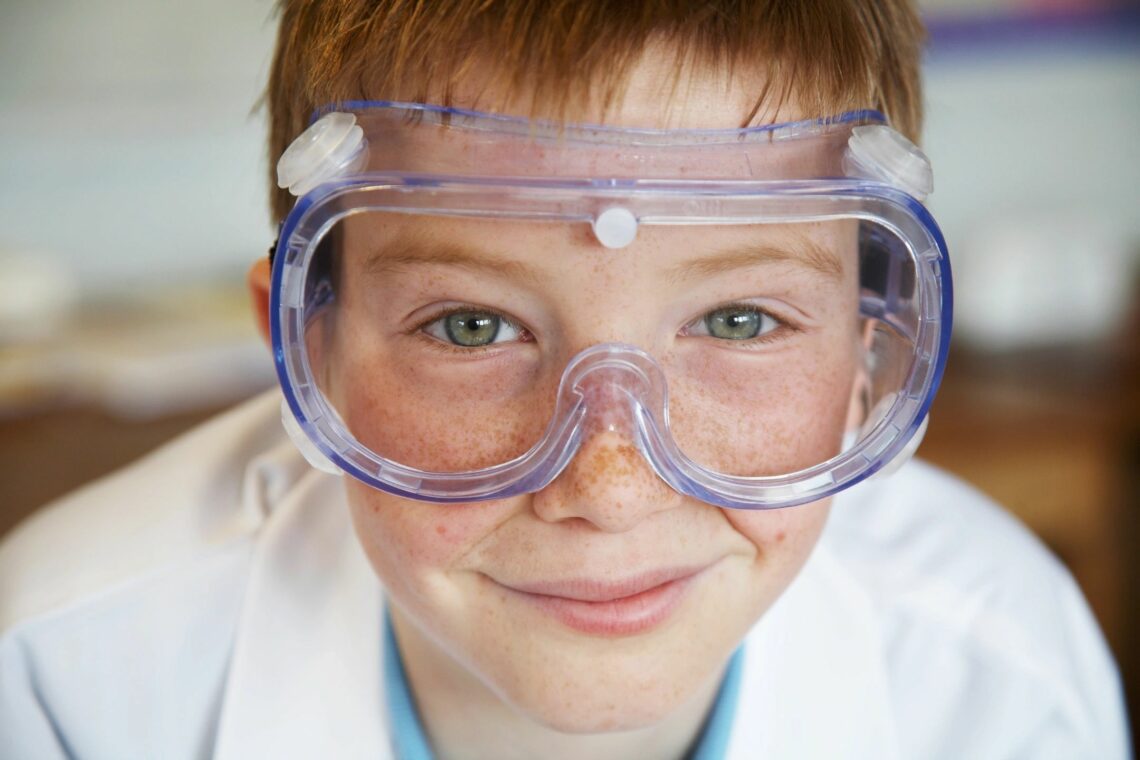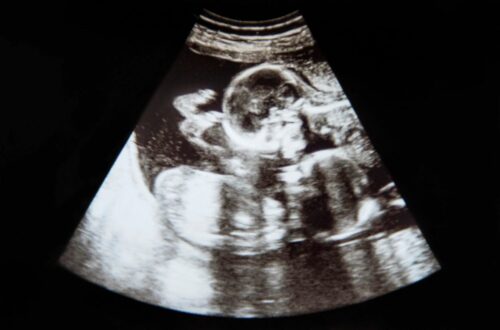I am a person. So are you. A person is the kind of thing that one ought not kill without a good reason. If the little being inside the womb is also a person, then it ought to be protected as much as is possible. If so, then the state should secure this protection by granting legal rights to the little being in the womb.
According to the Christian, something is a person if it is made in the image of God. Furthermore, only persons are made in the image of God. Although God created cows, mountains, vegetables, and clouds, none of them are made in his image.
“God created man in his own image, in the image of God he created him; male and female he created them.”
Genesis 1:27
God is a person. He is aware of himself. He can make choices, think, and act. He is the paradigm of personhood. Being made in his image is to at least be like God in those ways without being the same as God. Thus, if something is made in the image of God, that thing is a person.
But what exactly is it that is made in the image of God? The answer is that a living human being is made in the image of God. It follows that if anything is a living human being, then it is a person. Thus, if the little being inside the womb is a living human being, then it is a person.
“If the little being inside the womb is a living human being, then it is a person. If so, then it ought to be protected.”
So, is it? Is the little being inside the womb a living human being? Let’s begin with the smallest possible being – the zygote. First, is it alive? There are few people who would say otherwise. Few would doubt that it is a living being. If it develops, it will be just like you and me – an adult living human being and a person. Furthermore, its DNA is a unique combination of the parent’s DNA so it is not just part of the mother. Thus, it is a whole individual living human being.
There is also surprisingly little disagreement about whether it is human. If a DNA test was conducted on a fertilized egg, it would show that it belongs to the human species. It is, after all, the combination of two human parents. Thus, the fertilized egg is a living human being. What else could it possibly be?
If the fertilized egg is a living human being, then it is a person. If it is a person, then it should be protected. Thus, the fertilized egg ought to be protected.
Argument from John Feinberg and Paul Feinberg, Ethics for a Brave New World (Crossway, 2010)





